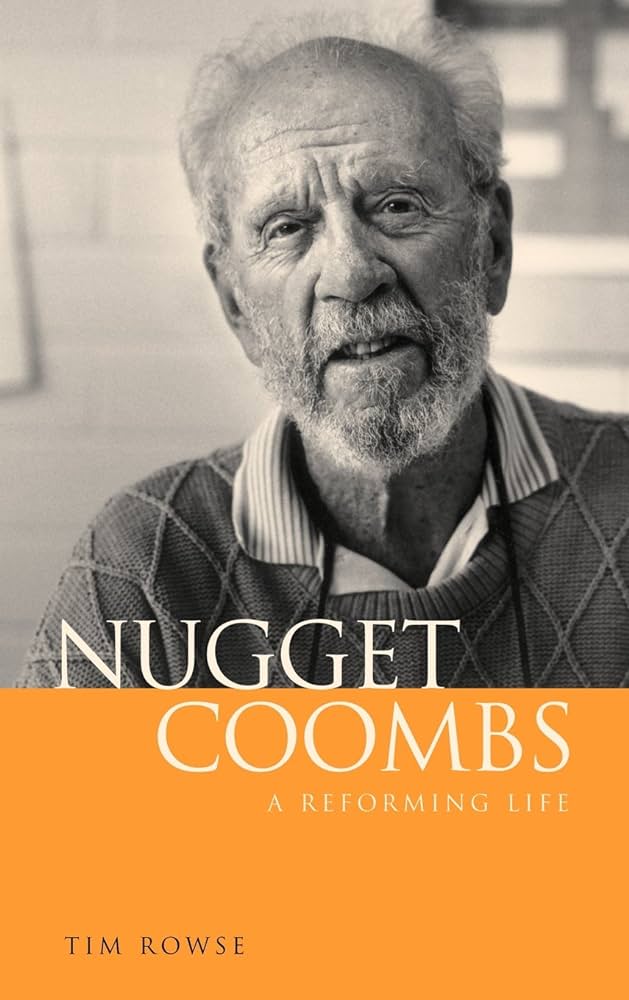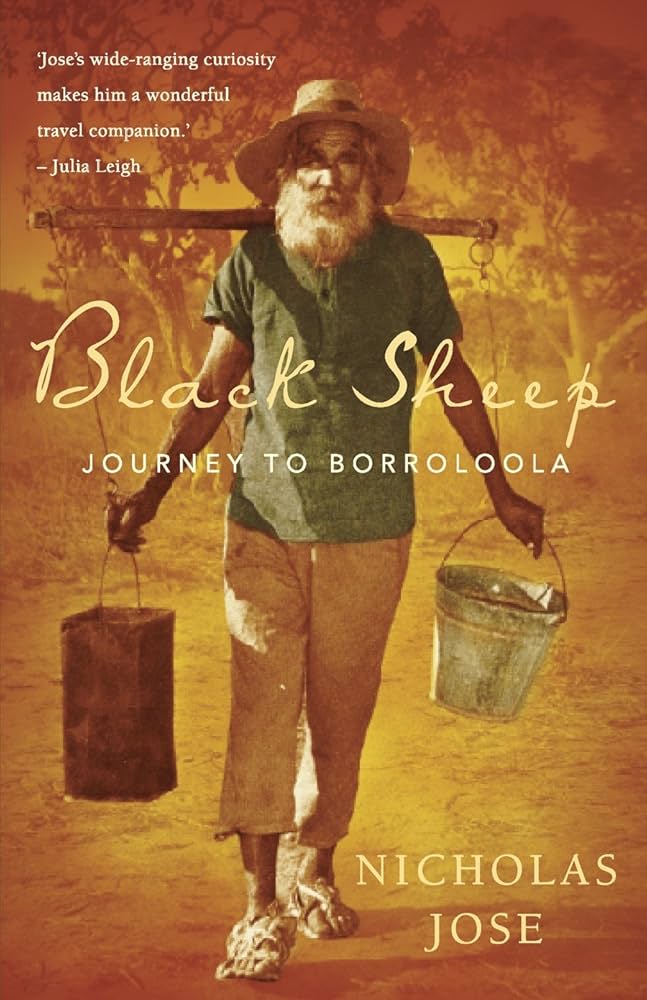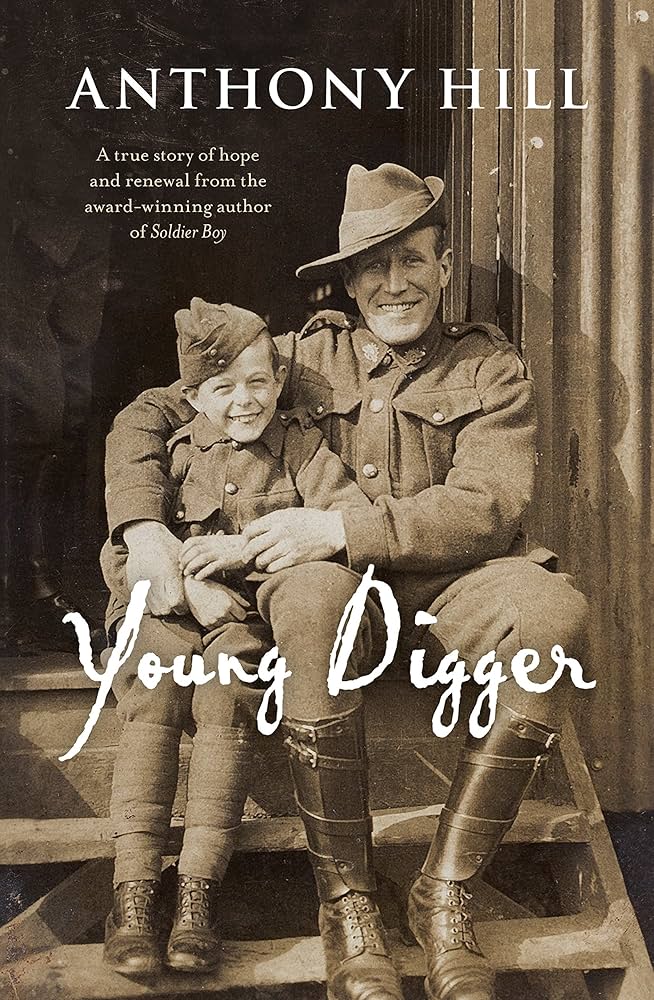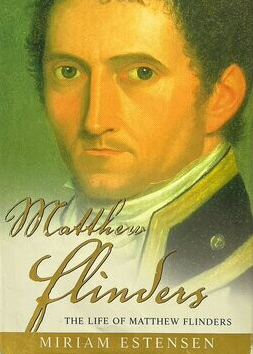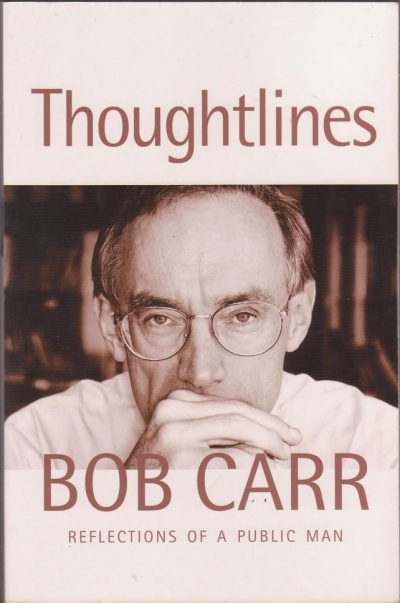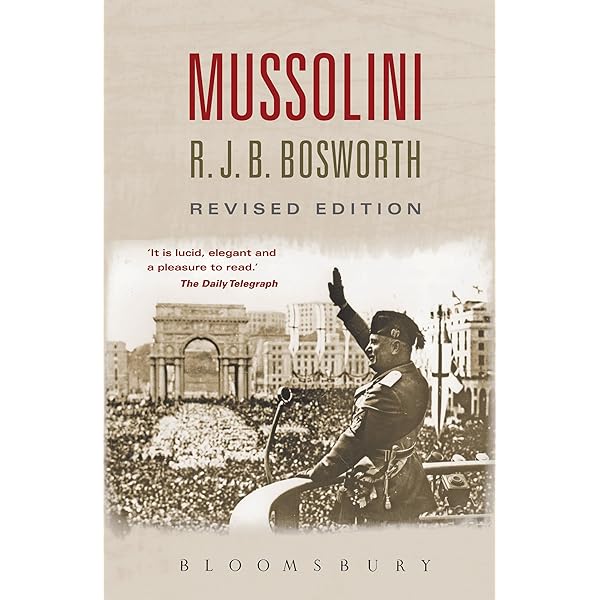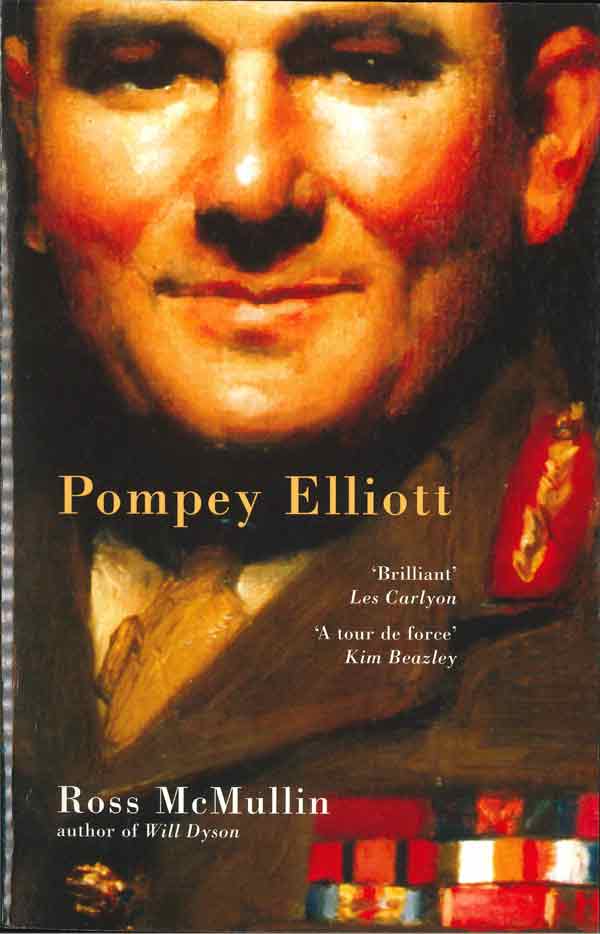Biography
Nugget Coombs never accepted a knighthood. The reason, he told his one-time English teacher, the essayist and academic Sir Walter Murdoch, was that it would be ‘out of character’ for him to do so.
There is no shortage of calculated modesty in Australian public life. We cultivate it. Even the most self-absorbed of our sporting heroes can manage a spot of winning self-deprecation. But in Nugget Coombs – public thinker, public servant, economist, social reformer, Governor of the Reserve Bank, Aboriginal advocate, cultural initiator and great Australian – modesty was the genuine article. He was a man with enough distilled wisdom to know himself and enough shrewdness to know what fitted. And he was right: ‘Sir Herbert’, or, worse, ‘Sir Bertie’ would have been risible.
... (read more)Roger Jose lived his adult life in Borroloola, married to an Aboriginal woman and beyond the pale of white civilisation, except in its most vestigial form. Nevertheless, he achieved a certain notoriety, through the writings of journalists such as Ernestine Hill and Douglas Lockwood. He also fascinated a young documentary film-maker named David Attenborough. Roger Jose claimed to be related to the respectable Jose family of Adelaide, which was not enthusiastic about acknowledging him. He lodged, an anarchic and glamorous figure, in the imagination of the young Nicholas Jose, and the tracking of his story provides the infrastructure that legitimises the writer’s journey into the north. Jose says: ‘I wanted the connection because I wanted to join myself to someone who had earned his belonging in this country.’ In the place to which he travels, this connection, real or not, is all-important, giving him an insider’s access to places and stories.
... (read more)What is the appeal of biography for young people? Recently, I was asked by a Year Seven teacher to compile a list for her students. She commented that twelve and thirteen-year-olds were beginning to break away from fiction and that she believed biography made a good literary transition into nonfiction.
... (read more)The Life of Matthew Flinders by Miriam Estensen & The Navigators by Klaus Toft
In the fever of bicentennial celebrations of Flinders’ circumnavigation of Australia, thousands of words have been written and dozens of new books have appeared. The South Australian events and publications alone celebrating the encounter between Flinders and Baudin have almost reached plague proportions. However, Miriam Estensen’s Life of Matthew Flinders is the first full-blown biography of Flinders since Geoffrey Ingleton’s Matthew Flinders: Navigator and Chartmaker (1986), a deluxe volume not intended for the mass market. A paperback edition of Ernest Scott’s 1914 biography recently appeared, but new sources have become available since then and it is certainly time for a fresh assessment of Flinders’ achievements and character based on all the available evidence we now have.
... (read more)Eddie Gilbert by Mike Colman and Ken Edwards & Mark Waugh by James Knight
This summer, browsers will probably find these chronicles of Eddie Gilbert and Mark Waugh snuggled close together in bookshops. Both, after all, are biographies of Australian cricketers, written by journalists, and published by firms with strong sporting backlists. But their proximity will be misleading. Cricket contains few less similar careers, and has generated few more different narrative styles. Indeed, reading them consecutively is to appreciate how stealthily our understanding of ‘biography’ has been elasticised.
... (read more)As W.H. Auden observed more than forty years ago: ‘To the man-in-the-street, who, I’m sorry to say, / Is a keen observer of life, / The word ‘Intellectual’ suggests straight away / A man who’s untrue to his wife.’ Perhaps such popular attitudes explain why intellectuals as politicians are rare in the bear pit of modern Australian parliaments ...
... (read more)The cache of letters or other documents retrieved from the monastery coal scuttle, and affording the basis for a whole new understanding of the fall of princes or the causes of the French Revolution, is the stuff of scholarly fantasy. It is a fantasy exploited by A.S. Byatt in her novel Possession: A Romance (1990), which centres on the quest for letters as the key to understanding a famous author’s life and career. I take Possession as a cautionary tale in approaching the phenomenon represented by the letters of the great Australian novelist Christina Stead (1902–83) and her husband, ‘William Blake, novelist and economist’, in the words of her dedication to him in I’m Dying Laughing (1986). (Born Wilhelm Blech (1894–1968), when this American of German-Russian-Jewish extraction anglicised his name, he immodestly called himself after the visionary Romantic poet.) Having these letters in circulation could offer readers and critics many opportunities, yet I say ‘cautionary’ because they extend and refine interpretations rather than subject them to complete revision. That said, they are extraordinary opportunities.
... (read more)An Australian tourist visiting Italy in the mid-1930s wrote home: ‘you may say what you like about Mussolini but you cannot deny that he has done a more amazing thing than anyone else in history.’ Unstinting admiration for Fascist Italy was common in Australian references to Italy in the interwar years; politicians, businessmen, Catholic prelates, Protestant pastors and middle-class tourists all sang his praises. They were also at one with the view expressed by R.G. Menzies, at the 1934 Conference of the Victorian Young Nationalists, that Italy’s transformation was the product not of Fascism but of its charismatic leader and his untrammelled power. In the eyes of the rarely well-informed Australian observers, Mussolini had resurrected Italy, ‘made over his people’, ‘intensified and completed the creation of Italian nationality’, and erected an efficient and effective state. Trains not only ran on time but also at a profit, according to Sir Hal Colebatch, Premier of Western Australia.
... (read more)In September 1929 John Monash, ex-commander of the Australian Corps in France, sat down to reply to his former subordinate, Harold ‘Pompey’ Elliott, a National Party senator and militia major-general. Elliott had asked why he had been passed over for a division in 1918. What ‘secret offence’ had he committed that General Birdwood, the English chief of Australian forces, had denied him advancement? Monash was disturbed that Elliott’s sense of injury should be so raw a decade after the guns had fallen silent. In a tactful, compassionate reply, he set aside the idea of a secret offence and gently reminded Elliott that others, too, had had complaints, and had left them behind. The affection of their men mattered more than honours: ‘This same affection and confidence you have enjoyed in rich measure, and no one can question that it was well deserved. After all, you commanded a celebrated Brigade during the period of its greatest successes … Then why worry as to the verdict of posterity upon so brilliant and soldierly a career?’
... (read more)Colin McPhedran, the son of a Burmese mother and a Scottish oil company executive father, was living a comfortable middle-class colonial life in Central Burma with his mother, sister and two brothers when the Japanese invaded the country in 1941. He was eleven years old. The invasion spread terror throughout the population, which feared the notorious savagery of the Japanese army. The European and mixed races felt particularly threatened, and Colin’s mother made the fatal decision to flee their comfortable villa and escape to India. The children’s mixed parentage concerned her; she resolved to undertake the journey with her three younger children. She was especially anxious about her fifteen-year-old daughter whose youthful European beauty would, she thought, make her a special target for sexual abuse. Colin’s father did not play any part in this disastrous decision, having escaped to Calcutta when Rangoon fell to the Japanese.
... (read more)
